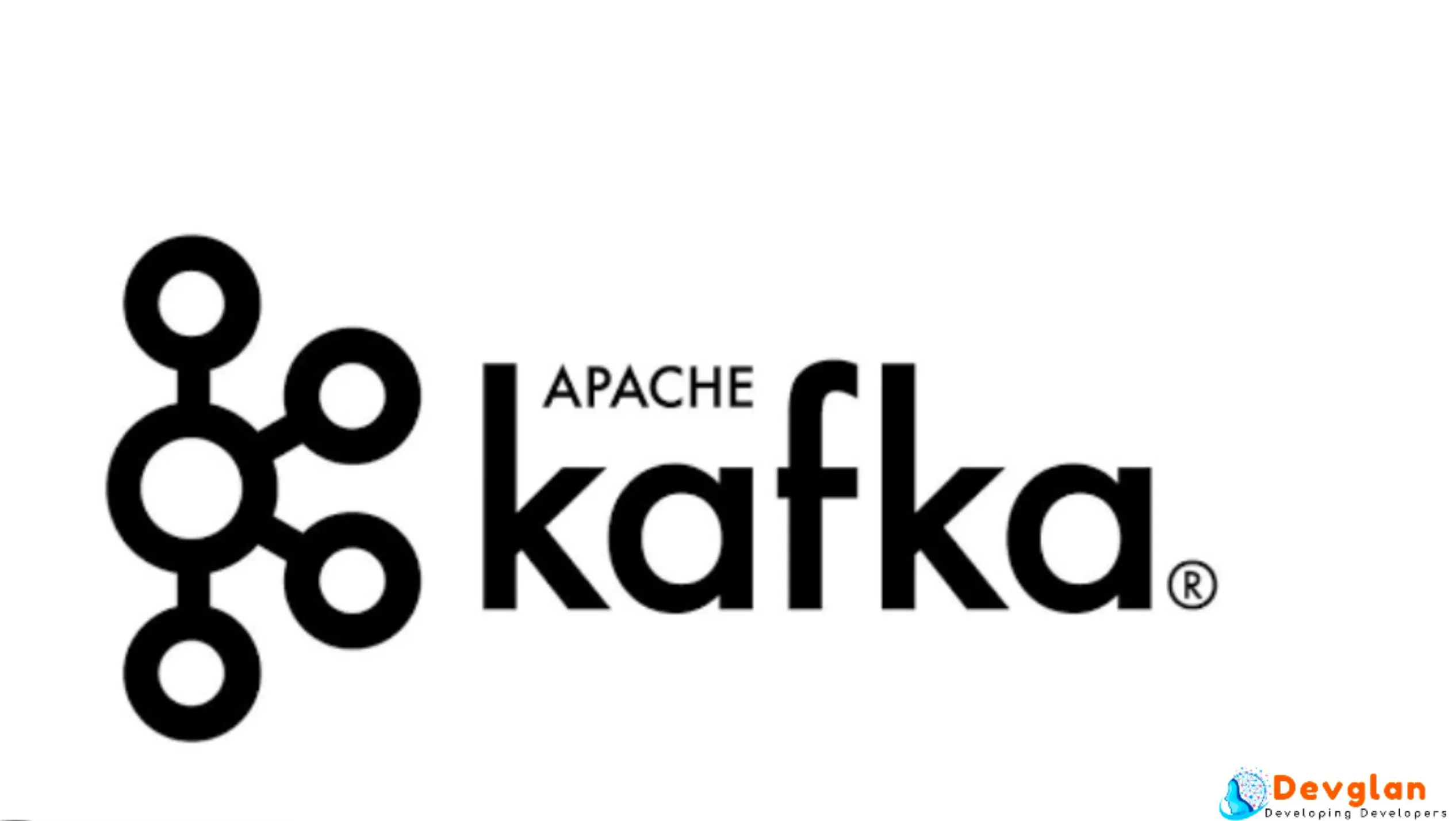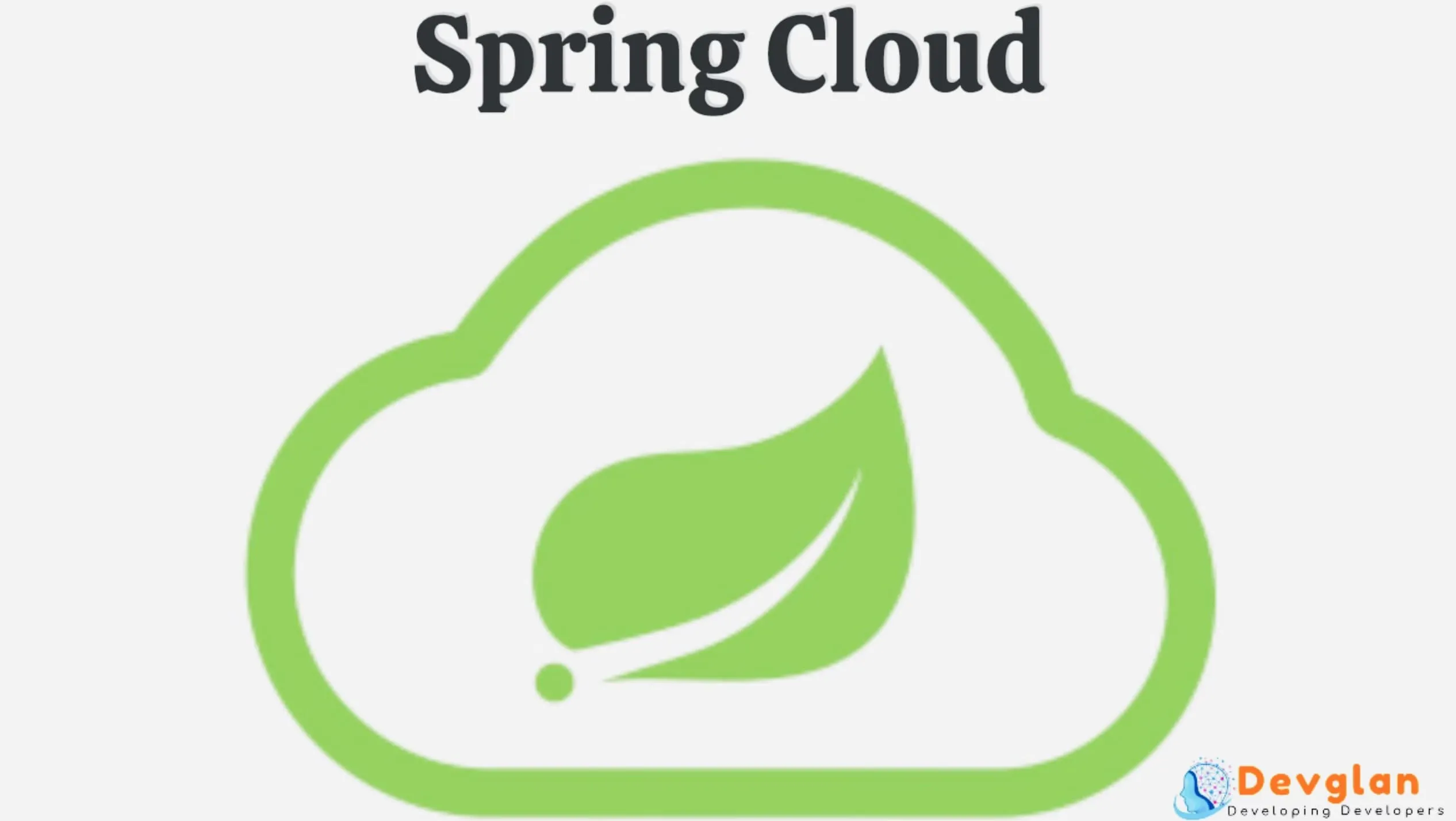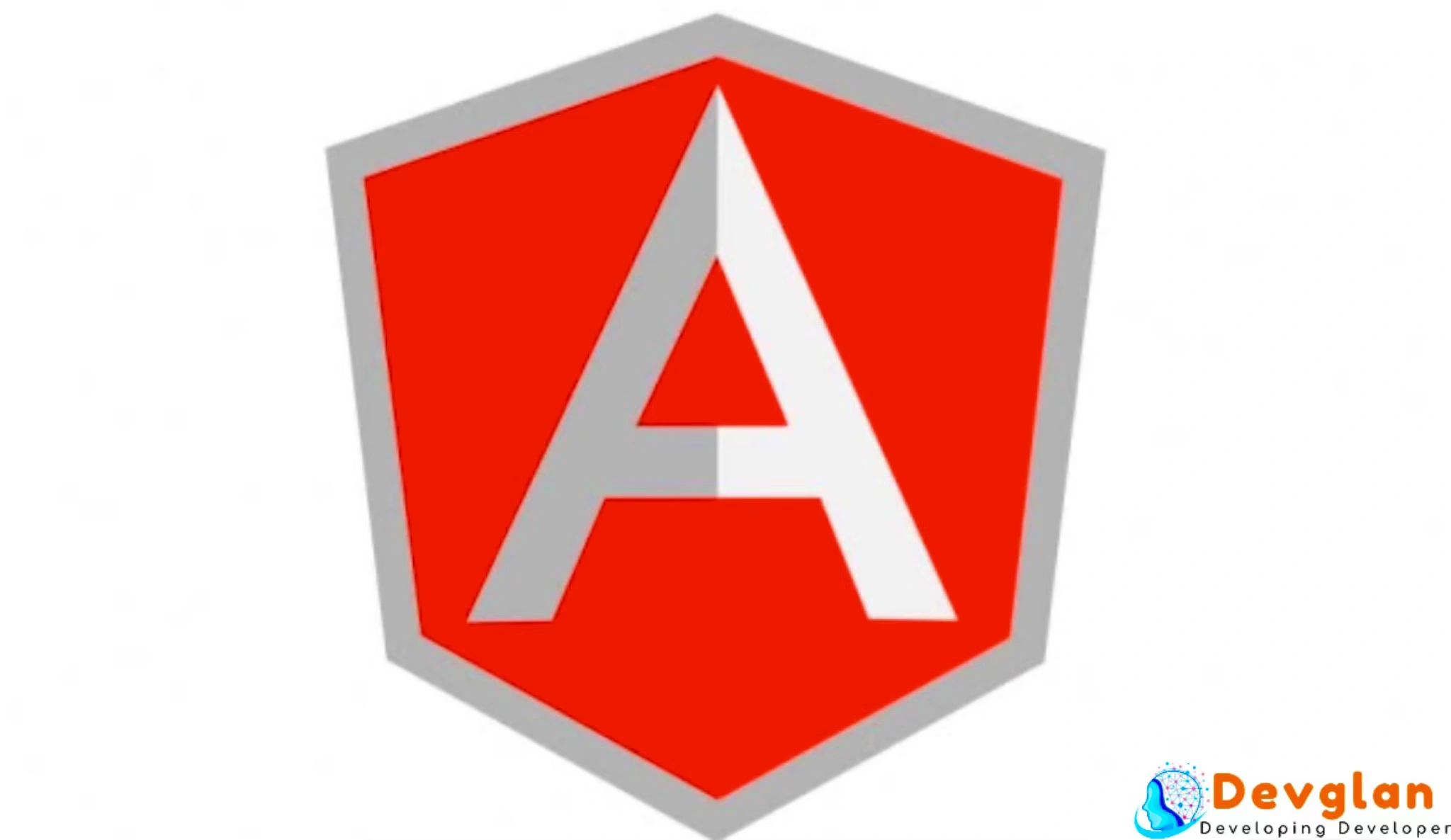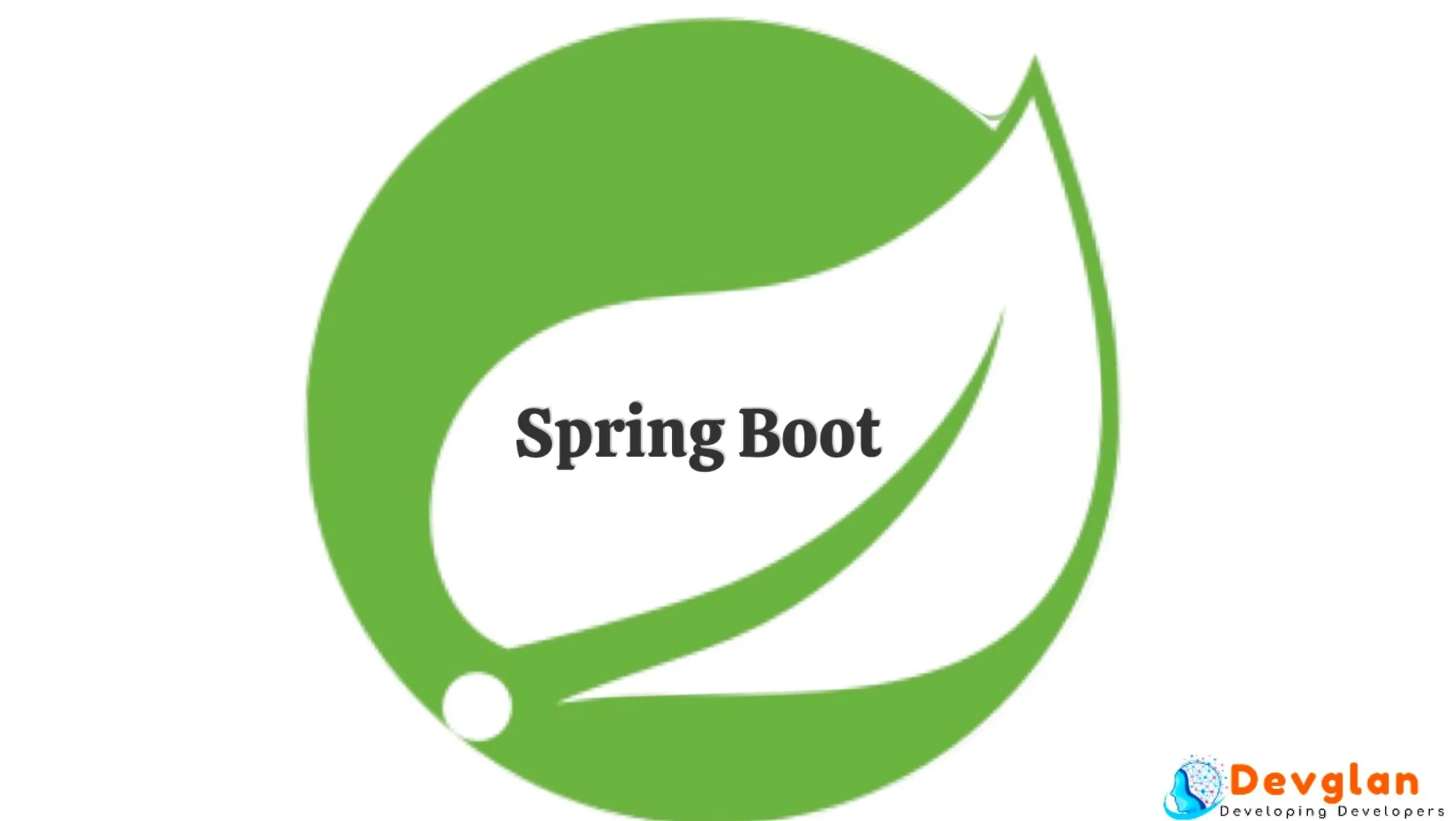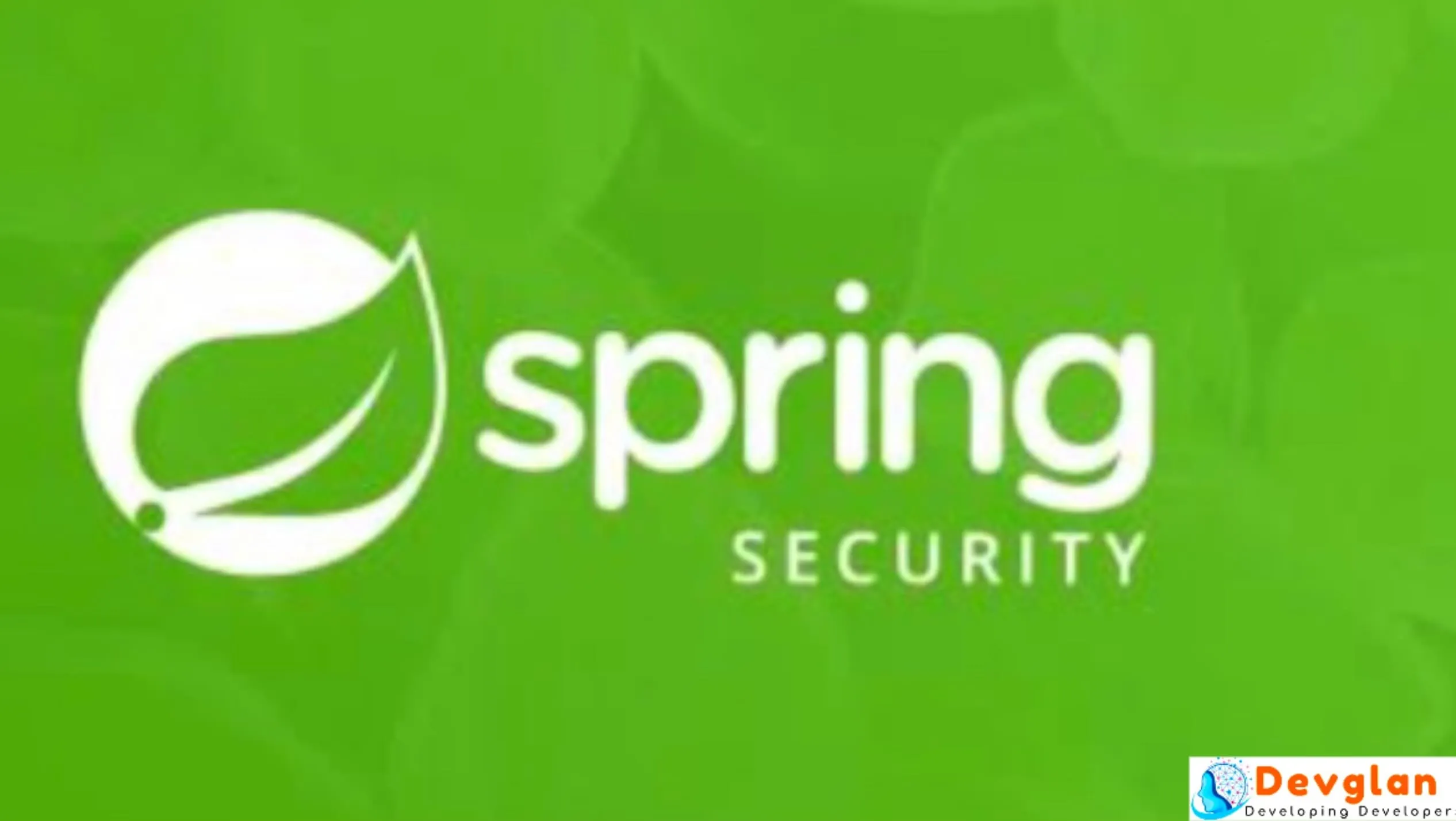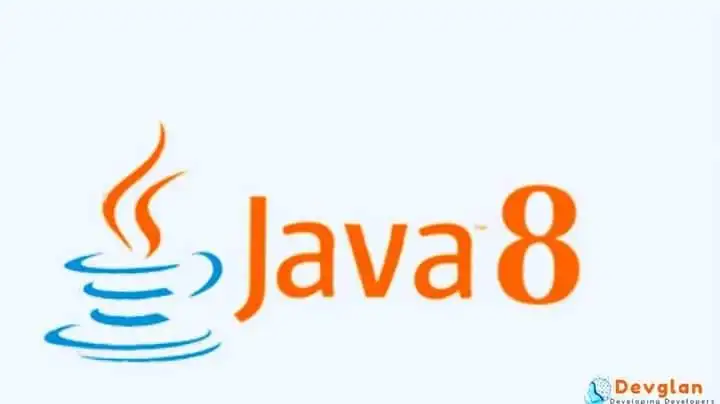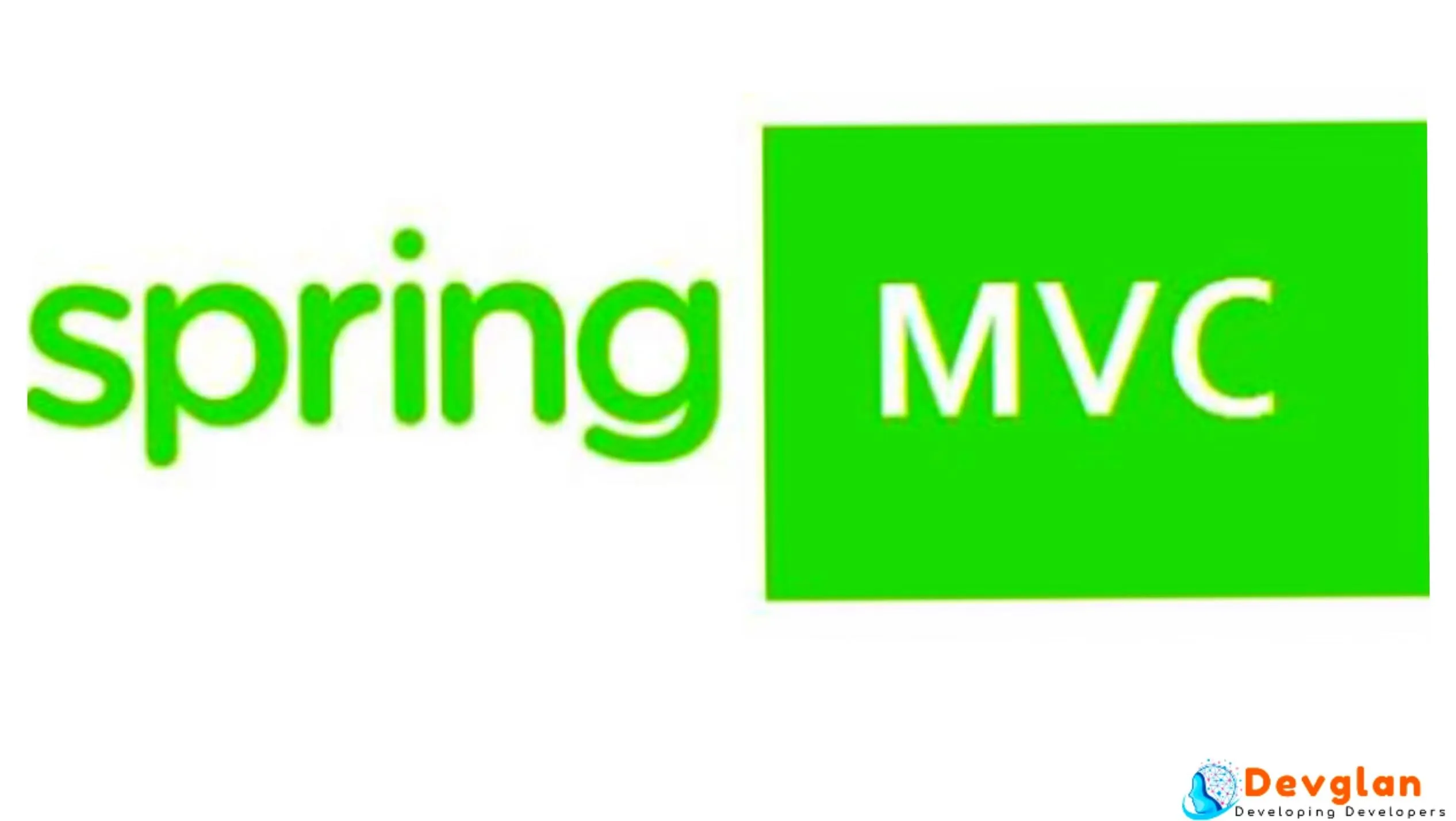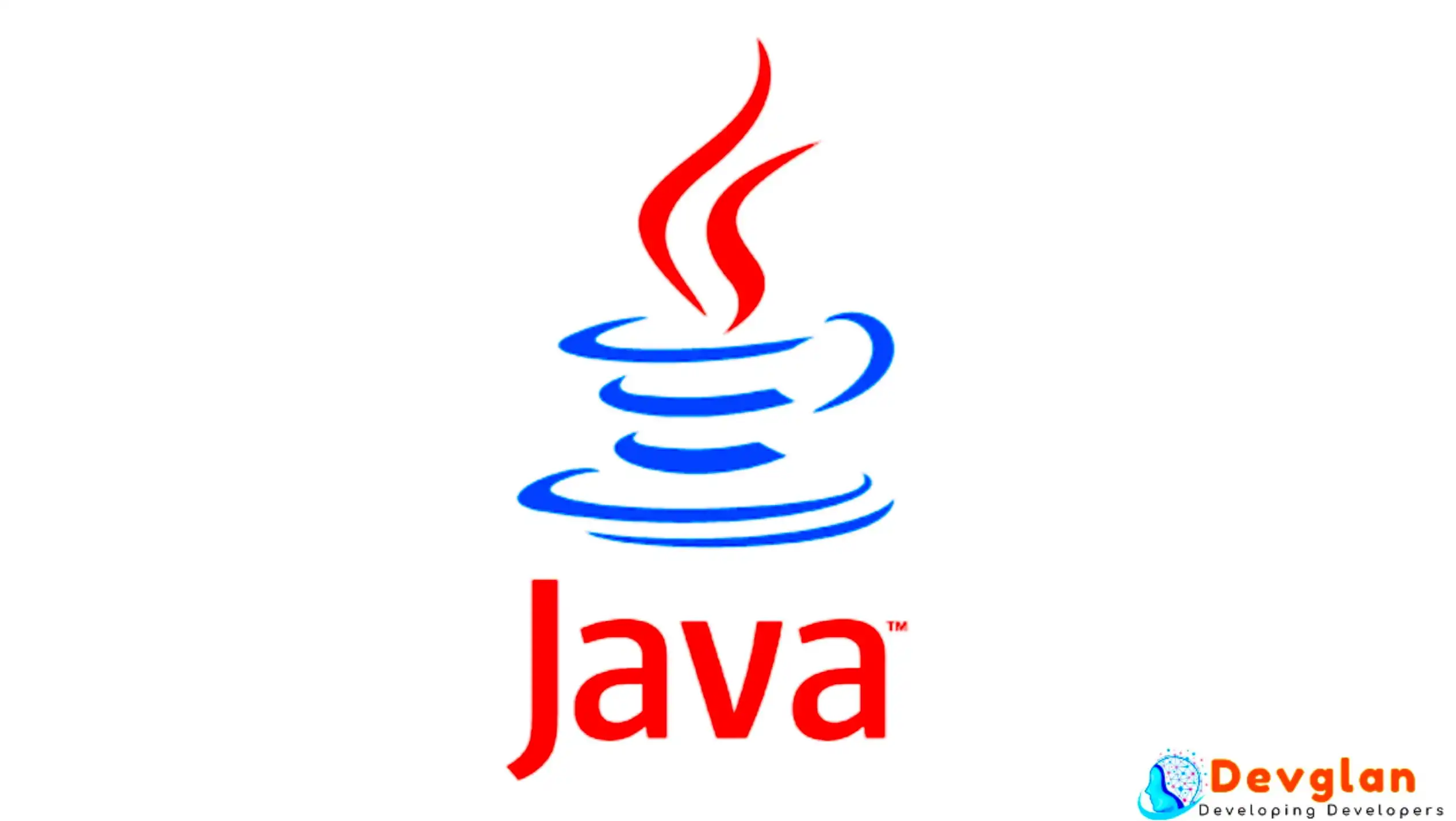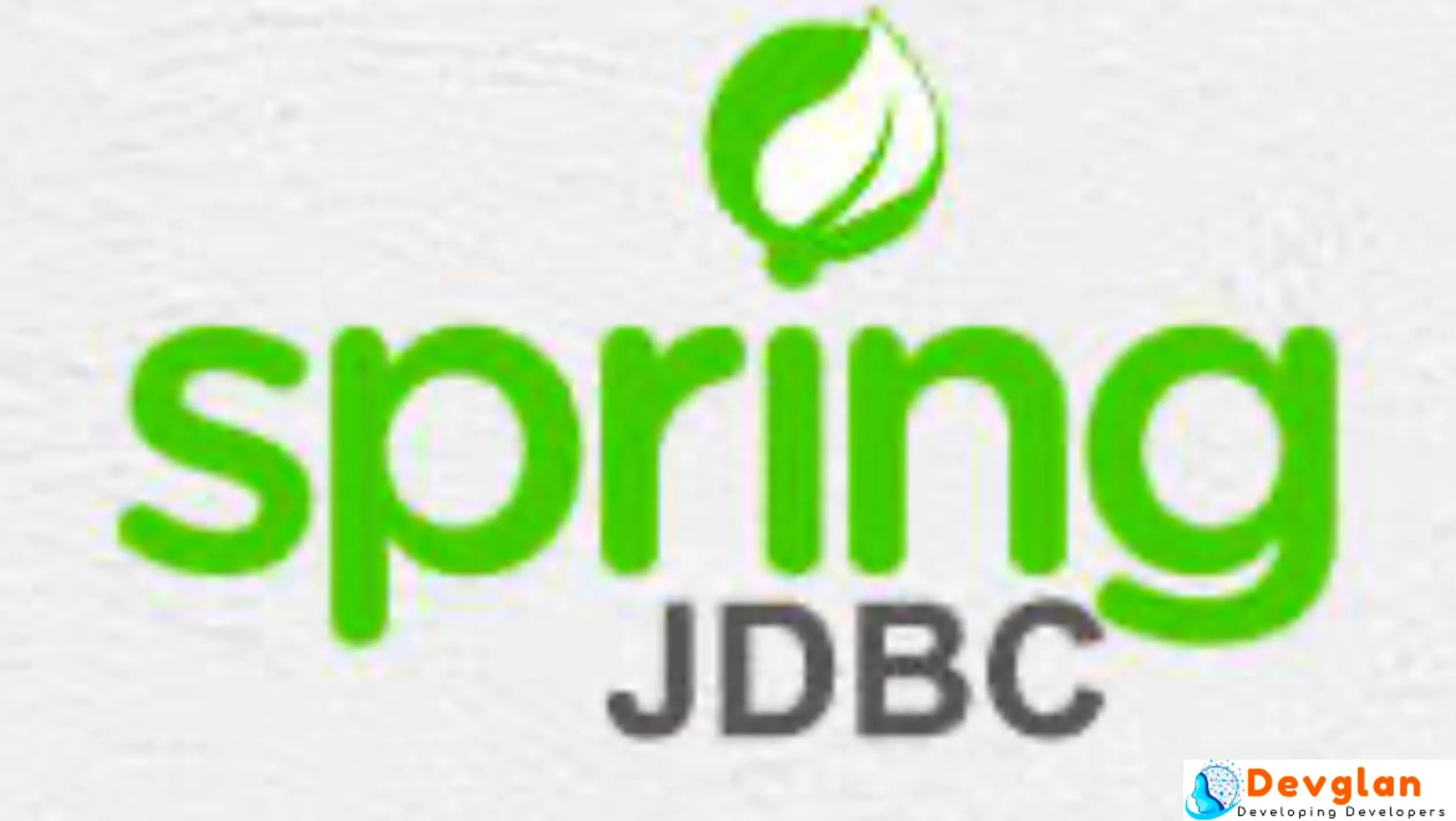Welcome to the ultimate guide to finding the best shared hosting provider for your website in 2024! If you're looking for a reliable and affordable way to host your website, you're in the right place. As a website owner, you want a hosting provider that offers top-notch performance, security, and customer support. And if you're using WordPress, you need a WordPress hosting provider that's optimized for the platform.
In this article, we'll count down the top 10 shared hosting providers that fit the bill, with a focus on WordPress hosting providers that offer seamless integration and optimization for your WordPress site. Whether you're a blogger, small business owner, or entrepreneur, we'll help you find the best WordPress hosting provider for your needs. So, let's dive in and discover the top shared hosting providers for your website in 2024!
What is Shared Hosting?
Shared hosting is a type of web hosting where multiple websites share the same physical server and resources. It's like living in an apartment building – you have your own space (website), but you share common areas (server resources) with your neighbors (other websites).
How Shared Hosting Works
- Server Division: The hosting provider divides the server into smaller virtual servers, each with its own allocated resources (CPU, memory, disk space, etc.).
- Website Hosting: Each website is hosted on one of these virtual servers, sharing the resources with other websites on the same server.
- Resource Allocation: The hosting provider manages resource allocation, ensuring each website gets its fair share.
- Maintenance and Support: The hosting provider handles server maintenance, security, and technical support, freeing you to focus on your website.
Top 10 Shared Hosting in 2024:
Bluehost
Features: Bluehost offers convenient one-click WordPress installation, providing a hassle-free way to set up your website. Additionally, they include a free domain name with their hosting plans, saving you money on purchasing one separately. Plus, their 24/7 support ensures you always have assistance when you need it.
Pros: Bluehost stands out for its affordable pricing, making it accessible to individuals and small businesses on a budget. Their user-friendly interface makes it easy for beginners to navigate and manage their websites. Additionally, Bluehost provides reliable performance, ensuring your website stays online and accessible to visitors.
Cons: One downside of Bluehost's shared hosting is its limited resources. Since you're sharing server resources with other websites, there may be occasional downtime during high traffic periods, impacting your site's performance.
HostGator:
Features: HostGator offers unlimited bandwidth, allowing your website to handle high volumes of traffic without additional fees. IT services company also provide a free SSL certificate to secure your website and a drag-and-drop website builder for easy customization.
Pros: HostGator's flexible plans cater to a variety of needs and budgets, making it suitable for individuals and businesses of all sizes. They boast excellent uptime, ensuring your website remains accessible to visitors around the clock. Plus, their responsive customer support is available to assist you whenever needed.
Cons: Despite its benefits, HostGator may experience slower loading times compared to some competitors. Additionally, they employ upselling tactics during the checkout process, which can be frustrating for some users.
SiteGround:
Features: SiteGround offers free site migration, making it easy to transfer your existing website to their platform. They also provide daily backups and advanced security features to keep your website safe from cyber threats.
Pros: SiteGround is known for its blazing-fast speed, ensuring your website loads quickly for an optimal user experience. Their top-notch customer service is available to assist you with any issues or questions you may have. Additionally, SiteGround's easy-to-use interface makes managing your website a breeze.
Cons: One drawback of SiteGround is its higher renewal rates after the initial promotional period. Additionally, their shared hosting plans come with limited storage space, which may be insufficient for some users' needs.
A2 Hosting
Features: A2 Hosting offers SSD storage for faster performance, a free SSL certificate to secure your website, and the option to choose server locations for optimal speed.
Pros: A2 Hosting's Turbo servers deliver enhanced speed, ensuring your website loads quickly for visitors. They also offer an anytime money-back guarantee, allowing you to try their service risk-free. Additionally, A2 Hosting provides developer-friendly tools for advanced customization.
Cons: Despite its advantages, A2 Hosting may have higher pricing compared to some competitors. Additionally, users may experience occasional server issues that can impact their website's performance.
Hostinger
Features: Hostinger offers a free domain name with their hosting plans, eliminating the need for separate domain registration fees. They provide unlimited bandwidth to accommodate high traffic volumes and an easy website builder for seamless website creation.
Pros: Hostinger's budget-friendly pricing makes it an attractive option for individuals and small businesses on a tight budget. Their strong uptime ensures your website remains accessible to visitors, and their responsive customer support is available to assist you with any issues.
Cons: One downside of Hostinger is its limited customer support channels, which may make it challenging to get assistance quickly. Additionally, users may experience slower load times for international visitors due to server locations.
DreamHost:
Features: DreamHost offers unlimited traffic, allowing your website to handle high volumes of visitors without additional charges. They also provide free domain privacy to protect your personal information and automated WordPress updates to keep your website secure.
Pros: DreamHost's transparent pricing ensures you know exactly what you're paying for, with no hidden fees or surprises. Their generous storage space allows you to store ample content and media for your website. Plus, their 97-day money-back guarantee gives you ample time to test their service risk-free.
Cons: Despite its benefits, DreamHost lacks a cPanel interface, which may be unfamiliar to some users accustomed to traditional hosting control panels. Additionally, users may experience occasional delays in customer support responses during peak hours.
InMotion Hosting:
Features: InMotion Hosting offers free website migration, making it easy to transfer your existing website to their platform. They provide SSH access for secure file management and eCommerce-ready hosting for online stores.
Pros: InMotion Hosting boasts solid uptime, ensuring your website remains online and accessible to visitors at all times. Their fast loading speeds contribute to a positive user experience, and their extensive knowledge base provides valuable resources for self-help and troubleshooting.
Cons: One drawback of InMotion Hosting is its higher renewal rates, which may come as a surprise to users accustomed to promotional pricing. Additionally, InMotion Hosting has limited data centers outside the US, which may affect website performance for international visitors.
GreenGeeks:
Features: GreenGeeks is an eco-friendly hosting provider committed to reducing carbon emissions. They offer a free domain name with their hosting plans and provide unlimited email accounts for your domain.
Pros: GreenGeeks' environmentally conscious hosting initiative makes it a responsible choice for eco-minded individuals and businesses. Their reliable performance ensures your website remains accessible, and their excellent customer service is available to assist you whenever needed.
Cons: Despite its benefits, GreenGeeks may have slightly higher pricing compared to some competitors. Additionally, they have fewer data center locations, which may affect website performance for users located far from their servers.
iPage:
Features: iPage offers a drag-and-drop website builder for easy website creation, unlimited disk space to store your website files, and marketing tools to promote your online presence.
Pros: iPage's budget-friendly pricing makes it an affordable option for individuals and small businesses. Their user-friendly interface simplifies website management tasks, and their 30-day money-back guarantee allows you to try their service risk-free.
Cons: One downside of iPage is its upselling tactics during the checkout process, which may be off-putting to some users. Additionally, users may experience occasional performance issues during peak hours, impacting website responsiveness.
HostPapa:
Features: HostPapa offers free website transfer services, making it easy to migrate your existing website to their platform. They provide unlimited bandwidth to accommodate traffic spikes and include a free Let's Encrypt SSL certificate for website security.
Pros: HostPapa's green hosting initiative makes it a responsible choice for environmentally conscious individuals and businesses. Their easy setup process ensures you can get your website up and running quickly, and their reliable customer support is available to assist you with any issues or questions.
Cons: Despite its benefits, HostPapa may have higher renewal rates compared to some competitors, which can increase hosting costs over time. Additionally, HostPapa has limited data center options, which may affect website performance for users located far from their servers.
Benefits of Shared Hosting
Here are a few benefits of shared hosting.
- Affordability: Shared hosting is cost-effective, making it ideal for individuals and small businesses with budget constraints.
- Ease of Use: Shared hosting providers offer user-friendly control panels, allowing you to manage your website with ease, even if you're not tech-savvy.
- Quick Setup: With shared hosting, you can get your website up and running in no time, thanks to easy installation processes and pre-configured settings.
- Technical Support: Shared hosting providers offer technical support to assist with server-related issues, ensuring your website stays online and functional.
- Resource Sharing: By sharing server resources with other websites, you benefit from lower costs while still having access to essential resources like CPU, RAM, and storage space.
- Scalability: Most shared hosting plans offer scalability options, allowing you to upgrade your resources as your website grows and requires more bandwidth or storage.
- Security Features: Shared hosting providers implement security measures like firewalls, malware scanning, and regular backups to keep your website safe from cyber threats.
- Reliability: Despite sharing resources, shared hosting providers strive to maintain high uptime rates, ensuring your website is accessible to visitors around the clock.
- Email Hosting: Shared hosting plans often include email hosting services, allowing you to create professional email addresses associated with your domain name.
- Community Support: Shared hosting users benefit from vibrant online communities and forums where they can seek advice, share tips, and troubleshoot issues with fellow website owners.
Conclusion
In conclusion, shared hosting is a great option for small to medium-sized websites, offering an affordable and hassle-free hosting solution. By sharing server resources, you can enjoy reliable hosting without breaking the bank. With easy setup and management, plus technical support usually included, you can focus on growing your website without worrying about the technical details. Whether you're a blogger, small business owner, or entrepreneur, shared hosting is a smart choice to get your website up and running smoothly. So why wait? Choose a shared hosting provider today and take your website to the next level!


